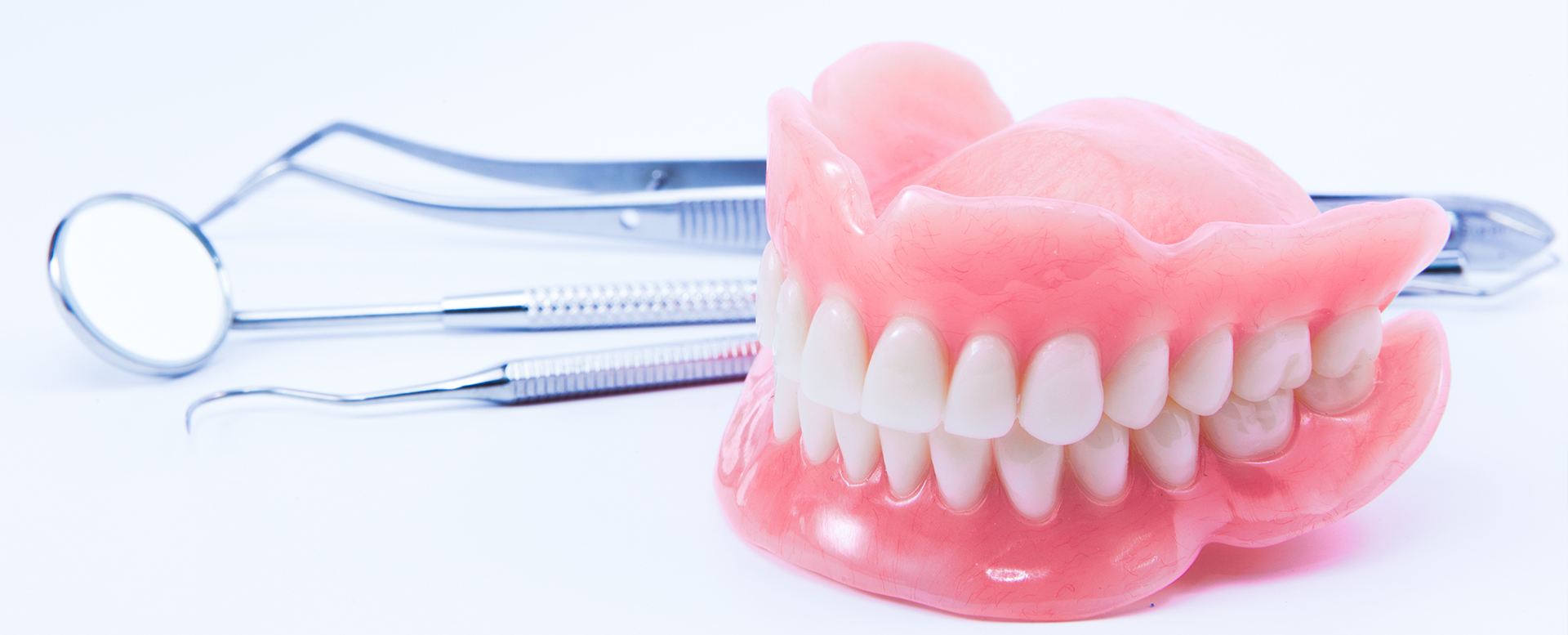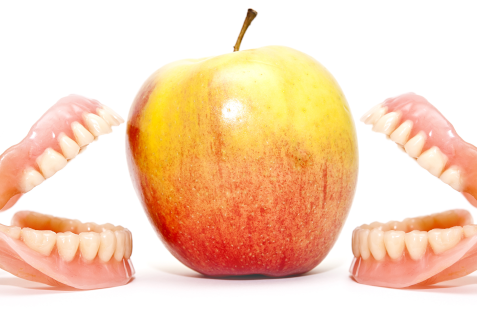 17 Jun 2020
17 Jun 2020
What is a Complete Dentures?
A full or complete denture is comprised of two sets of teeth: an upper and a lower set. These dentures are removable and are common for patients who lost their teeth due to factors such as old age. These dentures lie on top of your gum tissue and use suction to keep them in place.
Why should you take good care of your dentures?
By taking good care of your full/traditional dentures, they can last you anywhere from 5 years to 10 years before needing to get replaced.
Improper and irregular denture care will lead to a noticeable decrease in your oral hygiene. This can be in the form of an undesirable taste or bad odour coming from your mouth, and even an uncomfortable swelling in your gums.
Proper denture care is also important for your well-being. While dentures are safe, poor maintenance and a lack of care for your dentures can negatively impact your health.
Because you can eat with your full/traditional dentures, it’s easy for deposits of microbial plaque, calculus and food debris to build up. When dentures are improperly cared for, a study found that people who wear their dentures at night are more at risk of developing aspiration pneumonia. This particular case of pneumonia is caused by the denture wearer inhaling built-up deposits of food from under their dentures and into their lungs.
How can you properly clean your dentures?
There are four easy steps that denture wearers can take to ensure that their full/traditional dentures stay clean and maintain good oral hygiene.

The first step is to clean your dentures every day using a toothbrush and an effective, non-abrasive denture cleanser. A good denture cleanser is one that helps remove the build-up on your dentures, demonstrates substantial stain remover, is antibacterial, antifungal and non-toxic, and is easy to use by the wearer or their caregiver.
The Oral Health Foundation does not recommend using toothpaste to clean your dentures. While toothpastes are antibacterial, they won’t be as effective in removing plaque as a good denture cleanser or clear away as much food deposits under your dentures. Some toothpastes can also scratch your dentures, leading to a loss of surface materials that will diminish your denture’s life span.
The second step you should take is to soak your dentures every day in a denture-cleansing solution to help breakdown the remaining plaque on the surface material.
Because these tablets are designed to be used outside of your mouth, it’s important that you rinse your dentures after removing them from the solution and before inserting them back into your mouth.
The third step you can take to further reduce any oral or personal health risks is to remove your dentures before you go to bed. Keeping your dentures in overnight increases your risk of inhaling the trapped food deposits that were missed in the previously two steps.
This is especially important in older denture wearers, as they are the most at risk for developing aspiration pneumonia.
The fourth and most important thing you can do to keep your dentures clean is to follow the care program set up by your denturist. He may instruct you to keep your dentures in overnight rather than take them out or give you a specific cleanser to use with the material of your dentures. Every person is unique and so are their dentures, so please follow the advice of the denturist.
Regular check-ups will ensure that the surface is not being worn down and that plaque and food deposits are being properly cleaned. If you are due for a check-up with Dr. Galye or aren’t sure when your next appointment is, give us a call today. Our staff will be happy to book an appointment for you.

